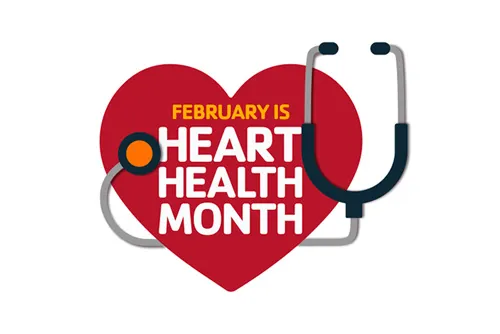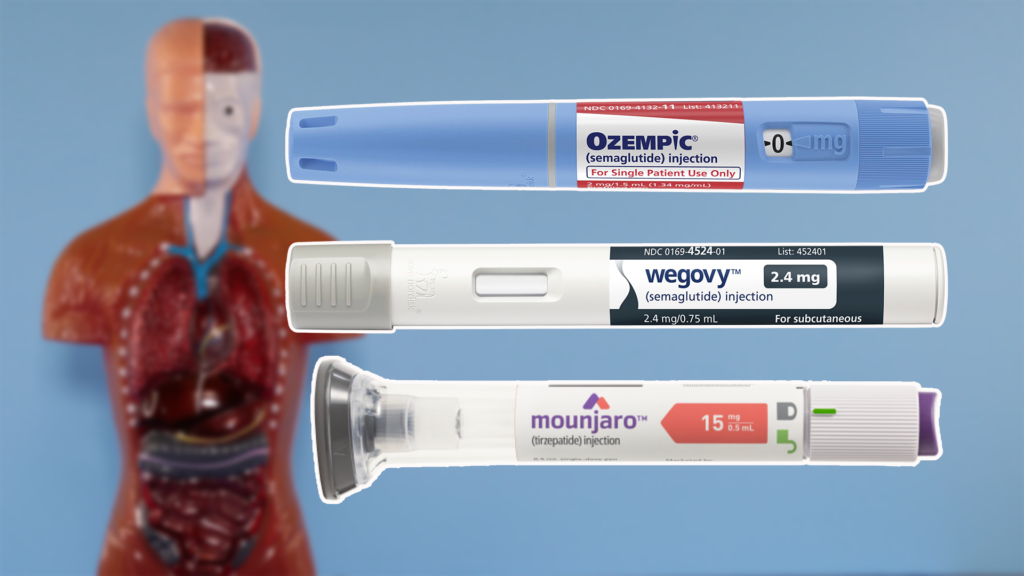Posts Tagged ‘patientblogorangecounty’
CMO Patient Blog Heart Health Month Orange County
Check-ups Make the Heart Grow Stronger It’s Valentine’s Day when, one way or another, we all start pondering the nature of love. Some look to signs from the universe, plucking petals from flowers hoping for an odd number, “she loves me; she loves me not; she loves me! We’ll stop there…” You might dissect text…
Read MoreCEO BLOG- Matthew Perry’s Untimely Death
What Lessons Can We Learn to Avoid the Same Fate? Last night I forgot to ask my wife to join me in the Jacuzzi. I was really in hot water. Ok, perhaps it isn’t the best idea to start a blog about Matthews Perry’s death with a Jacuzzi joke. Yet I feel Chandler Bing would have approved. “If meeting my…
Read MoreCEO Blog- Allergies… A Silent Killer
Many of you know I love to eat. And being Italian by heritage, I also love to cook, especially Italian food. I’m proud to have raised two doctors, one is a hemopathologist and the other an ob-gyn & Caduceus CMO. I’m equally proud that my love of cooking also spawned an executive chef. Although I love making up my own…
Read MoreCMO BLOG- UV Safety Awareness Month Orange County
Summertime and the livin’ is easy… From George Gershwin’s opera lullaby to Ella Fitzgerald’s jazzy soundtrack right up to Sublime’s beach-rock sensation, “Summertime” has been synonymous with sunny, soothing goodness. Then Lana Del Rey came along and introduced “summertime sadness”, and who knows what to think? Here at Caduceus we prefer the former, brighter version…
Read MorePATIENT BLOG ORANGE COUNTY OZEMPIC
The Doubting Doc- Ozempic, Wegovy, Mounjaro…Oh My! Weight Loss FAQ’s Let’s play a short game of Jeopardy… Answer:I need to lose weightI’m overweightI’m obeseI’m fatI’m going to stop eating carbsNo, meatNo, glutenNo, dinnerI’m going to exercise more–at least twice a week Question:What does a typical doctor hear 99 times a day from their patients? Especially post Covid, we are seeing more obesity than ever.…
Read MorePATIENT BLOG ORANGE COUNTY Colorectal Cancer Awareness
As we near the end of Colorectal Cancer Prevention Month, Caduceus would like to highlight for our patients that awareness of gut health is just the beginning. With proper education and screening, colon disease can be treated, defeated, or avoided altogether. First, let’s talk about the late form to be avoided: colorectal cancer. It’s the…
Read MoreCMO PATIENT BLOG ORANGE COUNTY- RSV FAQ’s AND WHO IS HIGH RISK?
Aw-chew!Uh oh. Well maybe it’s nothing… Aw-chewww!Ok that was a good one. That’s it, get it all out of the system. Two sneezes and off to wor… Aww-chewwwwy!Oh boy. What do I do now? You’ve come to the right place. Here at Caduceus & PDQ Urgent Care we have you covered. The first thing to know is that respiratory…
Read More





